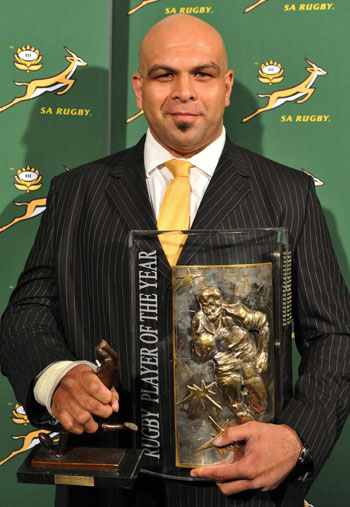Latest News Archive
Please select Category, Year, and then Month to display items
12 January 2024
|
Story Nonsindiswe Qwabe
|
Photo Sonia Small
 Since joining the UFS in 2008, Dr Grey Magaiza has worked extensively on approaches that can foster the socio-economic transformation of societies.
Since joining the UFS in 2008, Dr Grey Magaiza has worked extensively on approaches that can foster the socio-economic transformation of societies.
“The future should be one where communities can decide on their development agenda and futures. That’s the most important for me.” Dr Grey Magaiza, Deputy Director of the Centre for Gender and Africa Studies (CGAS) and Head of the Community Development programme on the Qwaqwa Campus, is passionate about capacitating communities to be agents of change and advancement. His vision for the future emphasises the empowerment of communities to take charge of their development by actively participating in decision making and the implementation of development projects that can improve their lives.
Since joining the UFS in 2008, Dr Magaiza has worked extensively on approaches that can foster the socio-economic transformation of societies. Over the years, he has crafted his research speciality into one that he is most proud of – being an interdisciplinary scientist immersed in the development of communities.
“I’m in a fortunate position of researching what I like. I say ‘fortunate’, because I’ve taken the time to understand what I’m passionate about, which is the overall field of rural livelihoods and livelihood futures – in short, community development. My research starts from an engaged university, understanding the elements that a university must use to enhance transformation and relevance to its immediate community in terms of development.”
One of the ways he has done this is by looking at social entrepreneurship as a development approach for young people in a rural setting. Through workshops with non-profit and civic organisations in Qwaqwa, Dr Magaiza has been helping these organisations to map out their needs and actively meet them through the involvement and support of external role players.
“We understand that communities are part of the national development agenda, but even that national agenda respects community knowledge and intentions and allows communities to shape their identity. A critical enabler of this is community organising. You bring back the capacity in communities to have dialogues on issues affecting them as spaces for engagement, knowledge exchange, and for people to just talk about their way forward.”
By enabling communities to define their development agenda, they can address their specific needs, challenges, and aspirations, he said. “When I look at livelihood futures, it’s quite an exciting aspect of my work – it’s like looking into a fortune tellers’ globe, because you’re not deciding for communities what they should do, but the communities themselves take those decisions.”
Kovsie Alumnus wins SARU rugby player of the year award
2010-11-08
 |
Gurthrö Steenkamp.
Photo: Gallo Images |
Gurthrö Steenkamp received the prestigious honour to be named the 2010 South African rugby player of the year during the South African Rugby Union (SARU) Awards that were held in Midrand, Gauteng.
Gurthrö, an alumnus of the University of the Free State (UFS), is a former Shimla and Vodacom Cheetahs loose head prop that has represented the Springbok Rugby team in 31 test matches since 2004. Along with fellow Free Stater and former team mate Os du Randt, Gurthrö became only the second front row player in history to win the player of the year award.
Receiving the award this year was no easy task, since Gurthrö had to beat some tough opponents in fellow nominees Gio Aplon, Juan de Jongh, Francois Hougaard and Schalk Burger.
The award comes on the heels of a remarkable season for Gurthrö in which he helped the Vodacom Blue Bulls to lift the Super 14 Trophy for the second consecutive occasion as well as turning in some stellar performances for the Springboks.